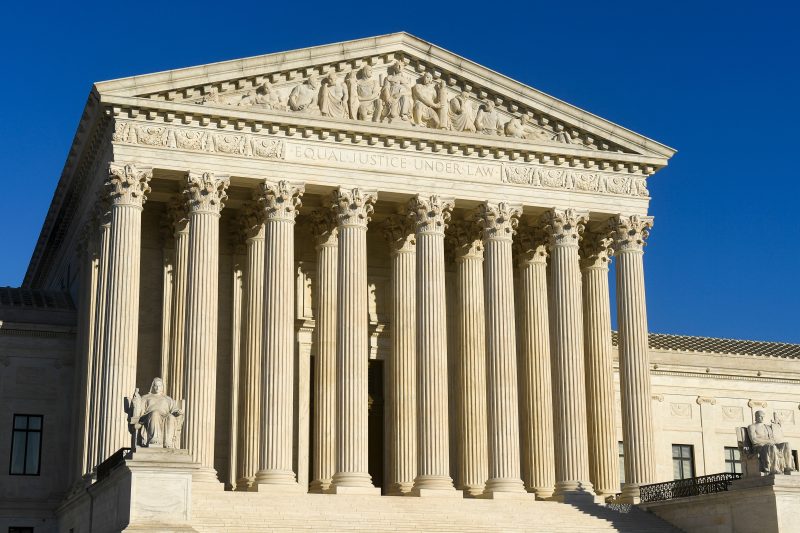The recent decision by the Supreme Court to uphold an injunction blocking President Biden’s new Title IX regulations in certain states has raised questions and concerns regarding the future of sexual misconduct policies on college campuses. Title IX, a federal law that prohibits discrimination based on sex in education programs or activities receiving federal funding, has been at the center of ongoing debates regarding how schools handle allegations of sexual harassment and assault.
The Biden administration had proposed new regulations that aimed to strengthen protections for survivors of sexual misconduct and ensure fair and consistent processes for handling complaints on college campuses. However, several states, including Georgia and Alabama, challenged these regulations in court, arguing that they exceeded the executive branch’s authority and imposed burdensome requirements on universities.
In a split decision, the Supreme Court maintained the injunction in place for these states, preventing the Biden administration from enforcing its new Title IX regulations. The Court’s ruling underscores the ongoing legal battles over the scope of executive authority in regulating higher education and the balance between protecting survivors and the due process rights of the accused.
One of the main concerns raised by opponents of the Biden administration’s regulations is the potential impact on free speech and academic freedom. Critics argue that the new rules risk chilling speech on college campuses by broadening the definition of sexual harassment and lowering the standard of evidence required to hold students accountable for misconduct. They contend that such changes could lead to an erosion of due process protections for accused individuals and create a culture of fear and censorship.
Proponents of the regulations, on the other hand, argue that the changes are necessary to address systemic issues in how colleges handle sexual misconduct cases. They point to data showing high rates of underreporting and inadequate support for survivors as evidence of the need for stronger protections and clearer procedures. By updating Title IX regulations, the Biden administration aims to create a safer and more equitable environment for all students, regardless of their gender.
The Supreme Court’s decision to block the new Title IX regulations in certain states further complicates an already contentious issue. It highlights the ongoing legal battles over the role of the federal government in regulating higher education and underscores the challenges of balancing the rights of survivors with the due process rights of the accused.
As colleges and universities navigate these complex legal and policy considerations, it remains crucial for all stakeholders to engage in thoughtful and respectful dialogue to ensure that the rights and well-being of all students are protected. The future of Title IX regulations and sexual misconduct policies on college campuses will continue to be a topic of debate and discussion as schools work to create a safe and inclusive environment for all members of their communities.



























